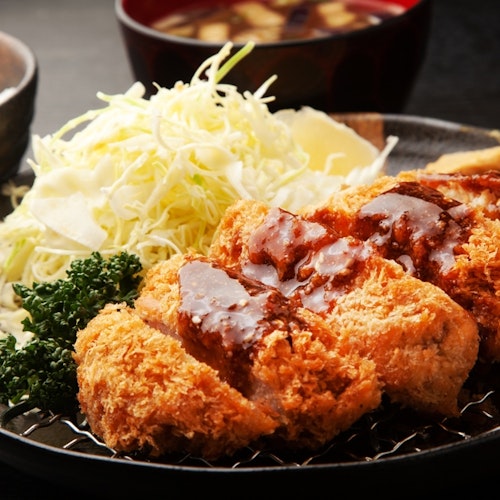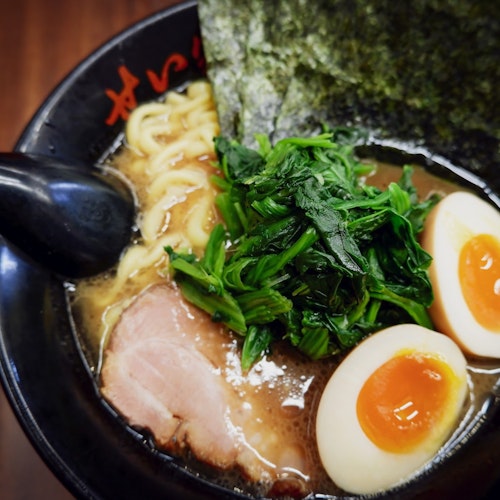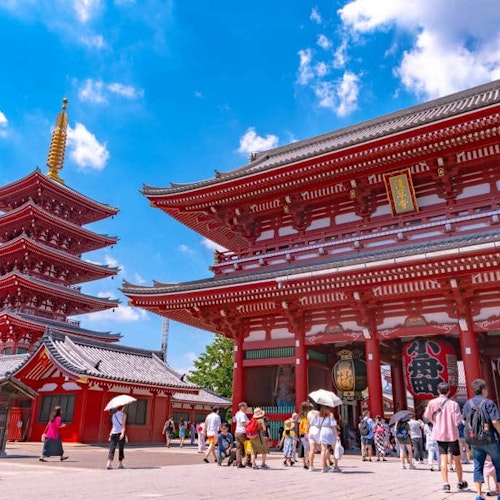Traveling to Japan Alone? Your Ultimate Japan Solo Trip Guide

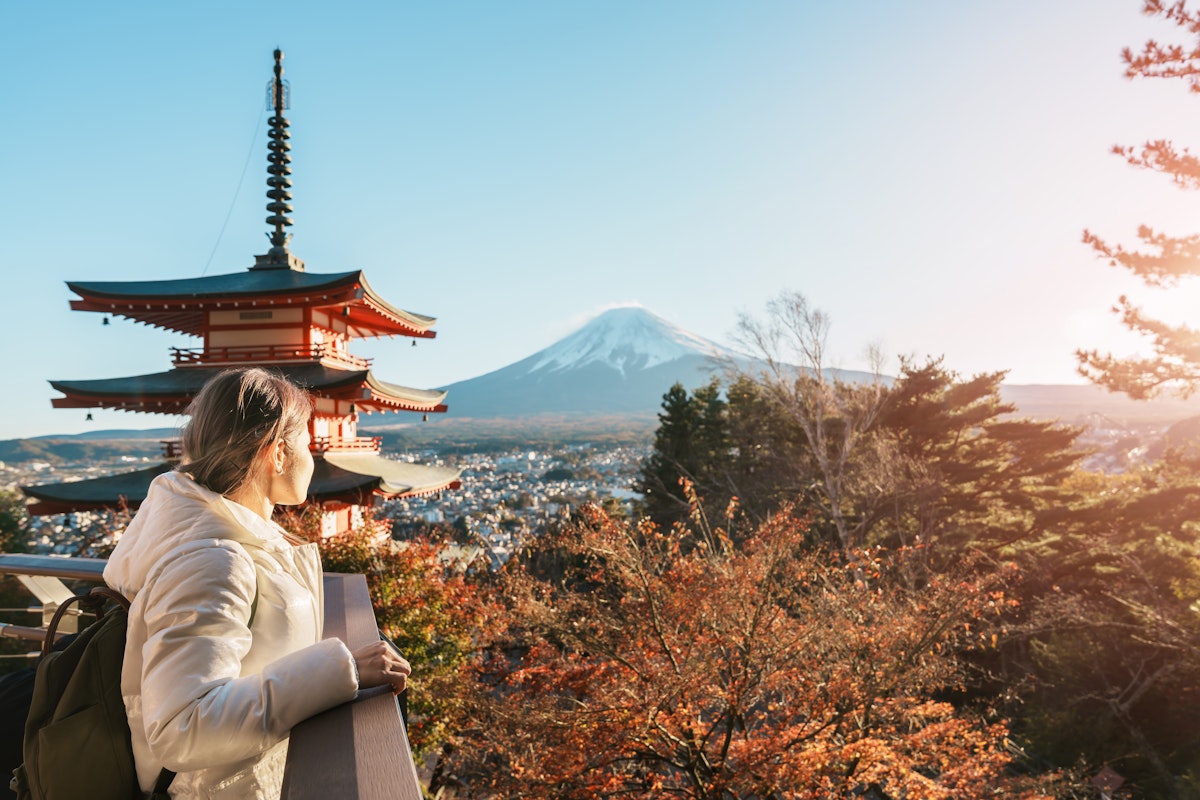
Japan is a fascinating country with a rich history, breathtaking landscapes, and a unique blend of modernity and tradition. Many dream of visiting it, but how does it fare for solo travelers?
Spoiler alert: it's incredible. Whether you're planning your first solo trip or a seasoned solo traveler, Japan offers safety, convenience, and countless experiences to make your journey unforgettable. This guide covers everything you need to know about navigating Japan alone, from practical tips to must-visit spots.
Why Travel Solo to Japan?
Japan is one of the safest countries in the world, making it ideal for solo travelers. Crime rates are low, public transport is highly efficient, and locals are known for politeness and hospitality.
If you're wondering, "Is Japan safe for solo female travelers?"—the answer is yes. Instances of sexual assault or crime targeting tourists are rare, but as with any destination, staying aware and prepared is key.
Traveling to Japan alone offers the perfect opportunity to immerse yourself in Japanese culture. From the lively streets of Tokyo to the tranquility of tea ceremonies in Kyoto, you can explore at your own pace, skipping the stress of group travel and focusing on the sights and activities that interest you most.
Preparing for Your Solo Trip to Japan

1. Navigating Entry Requirements
To enter Japan, ensure your passport is valid for your stay. Most travelers don't need a visa for short stays, but check the requirements for your home country before booking your flight.
2. Packing Essentials
Japan is a land of contrasts: subtropical climates in Okinawa, snow-capped peaks in the Japanese Alps, and bustling urban centers like Tokyo. When packing, consider the season and your planned itinerary.
Remember travel adapters, portable Wi-Fi, and a small carry-on for day trips.
3. Budgeting for Your Trip
The cost of a solo trip to Japan can vary, but planning wisely helps. On average:
Capsule hotels: $25–$50 per night
Traditional Japanese inns: $80–$300 per night
JR Pass for unlimited train travel: $150–$300
Meals at convenience stores: $5–$10 per meal
Getting Around: Public Transport and Bullet Trains
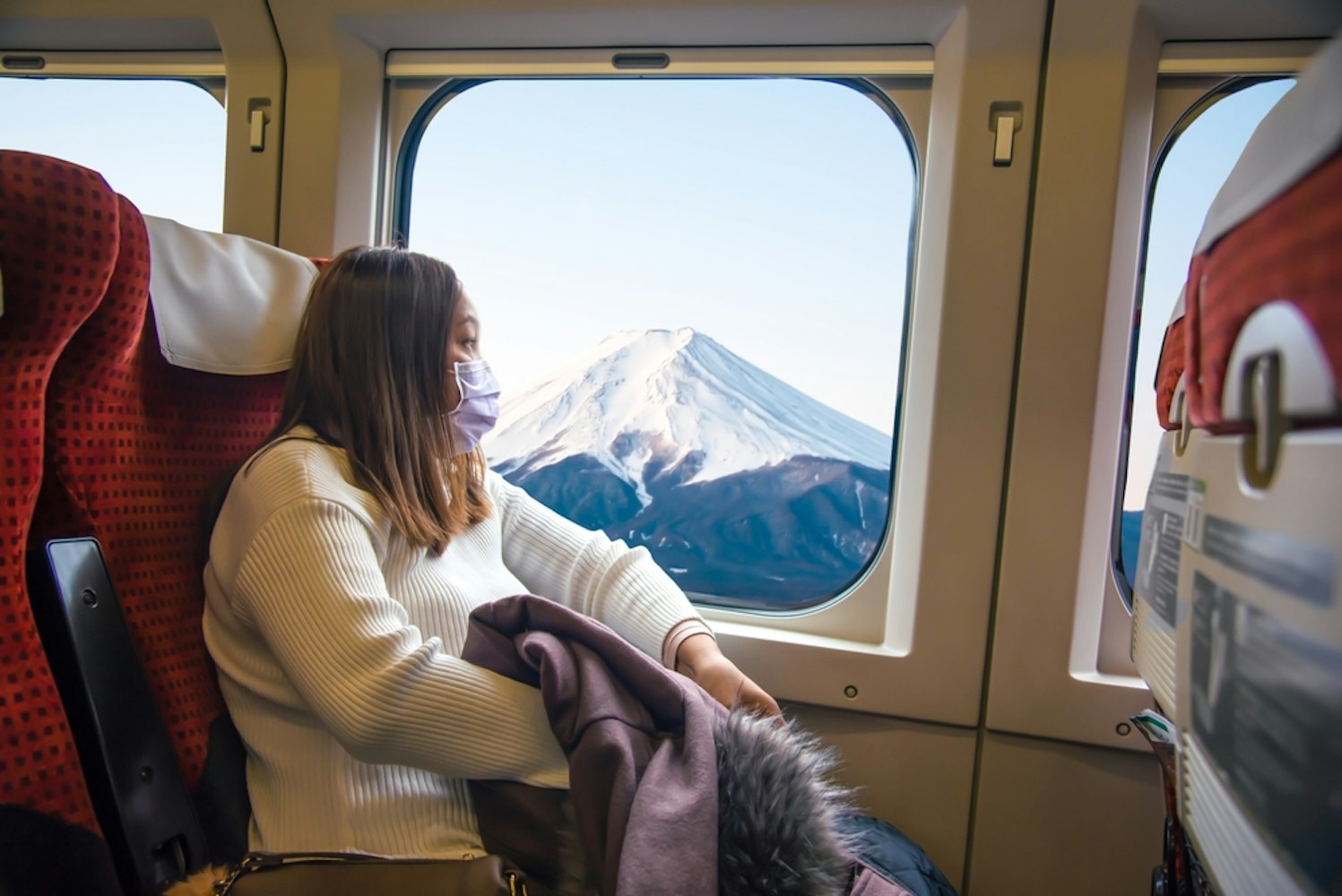
Japan's public transport system is a solo traveler's dream. Trains, buses, and subways are punctual, clean, and easy to navigate. Invest in a JR Pass to access the bullet train network, which connects major cities like Tokyo, Kyoto, and Osaka. Don't miss the iconic experience of riding the Shinkansen while catching glimpses of Mount Fuji.
For shorter distances, metro systems in most cities are well-marked in English, making travel in Japan seamless for non-Japanese speakers. If you're worried about language barriers, Google Maps and translation apps are your best friends.
Must-Visit Destinations for Solo Travelers in Japan
1. Tokyo
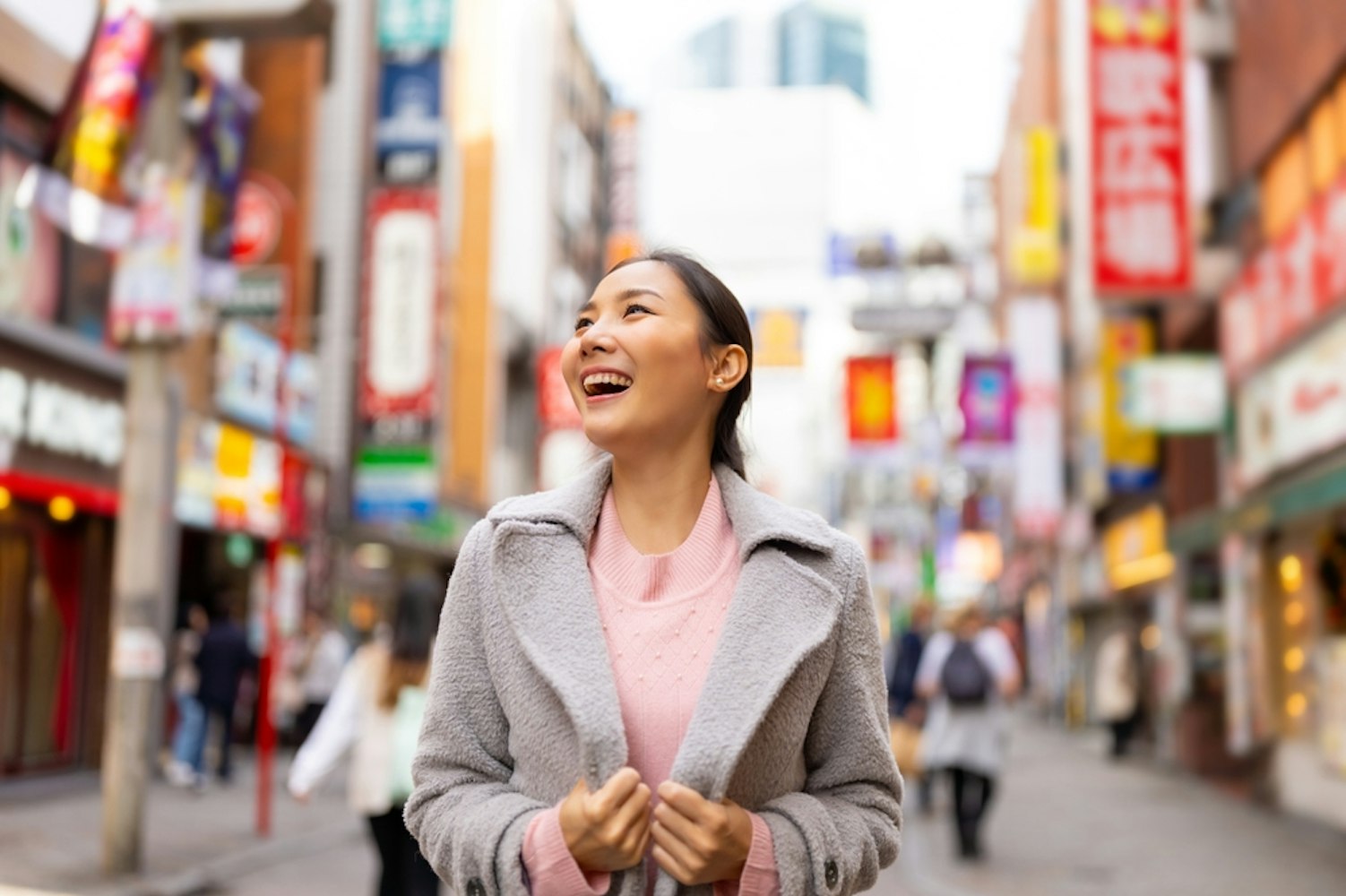
As Japan's vibrant capital, Tokyo offers an eclectic mix of modern wonders and traditional gems that cater to every traveler's taste. Dive into the electric energy of Shibuya, with its famous crossing and trendy shops, or explore Shinjuku, home to lively nightlife, skyscrapers, and hidden golden alleys filled with cozy eateries.
For moments of peace, the Meiji Shrine, with its lush forested surroundings and tranquil atmosphere, provides a serene escape. Tokyo's iconic vending machines offer everything from hot coffee to full meals, and the ubiquitous convenience stores make it incredibly easy to grab a quick bite anytime, ensuring you're fueled for adventure.
2. Kyoto
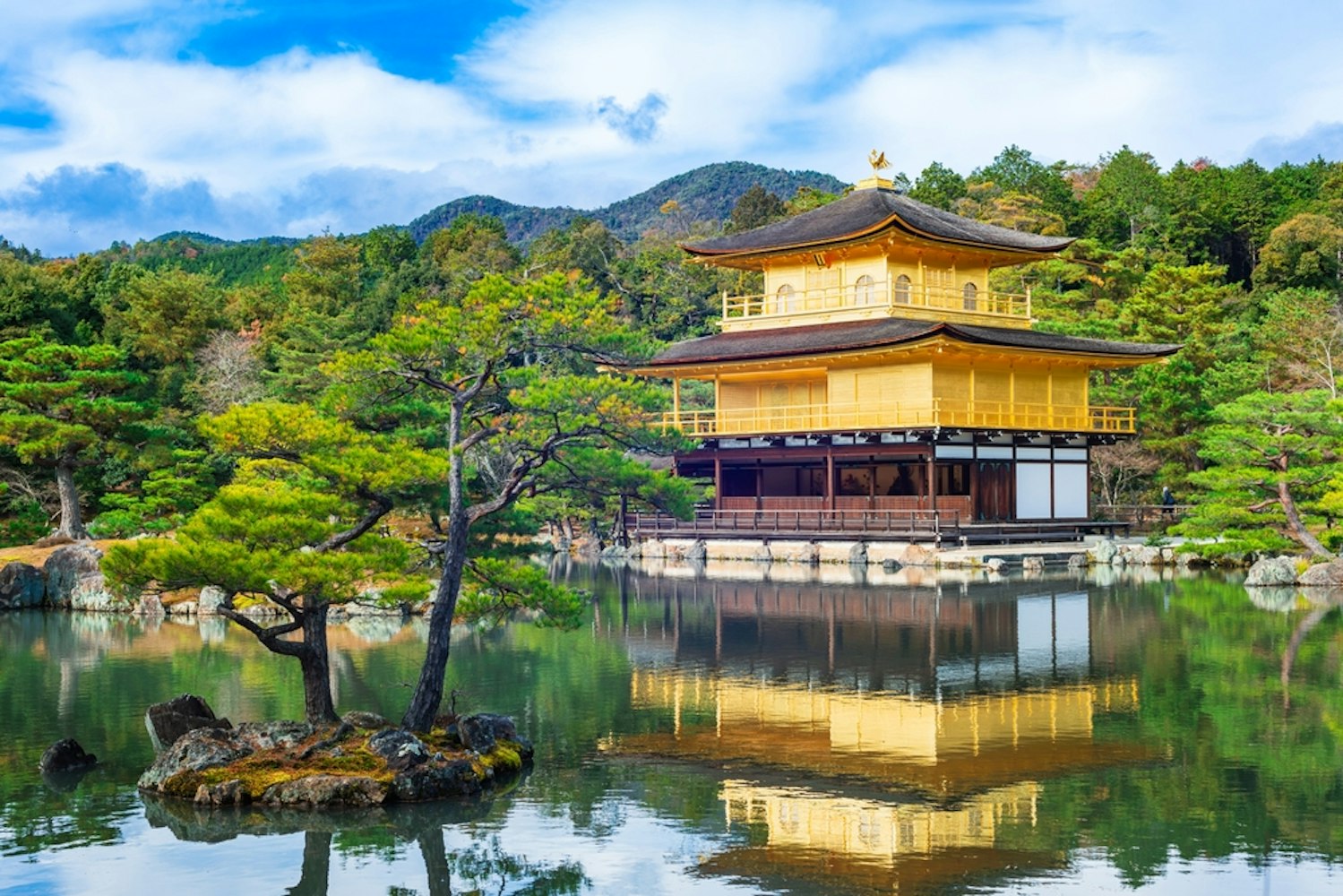
Kyoto, once the capital of Japan, is a treasure trove of history and culture, offering a glimpse into the country's traditional heritage. Wander through serene temples like Kinkaku-ji, the stunning Golden Pavilion surrounded by reflective ponds and manicured gardens, or marvel at the thousands of vermillion torii gates at Fushimi Inari Shrine, an iconic symbol of Japan's spiritual roots.
Wander through the serene bamboo forest in Arashiyama, where towering bamboo stalks gently sway with the breeze, offering a tranquil retreat from the city's hustle and bustle. Immerse yourself in Japanese culture by joining a tea ceremony, where the artful preparation of matcha showcases centuries-old traditions and a deep sense of mindfulness.
3. Japanese Alps
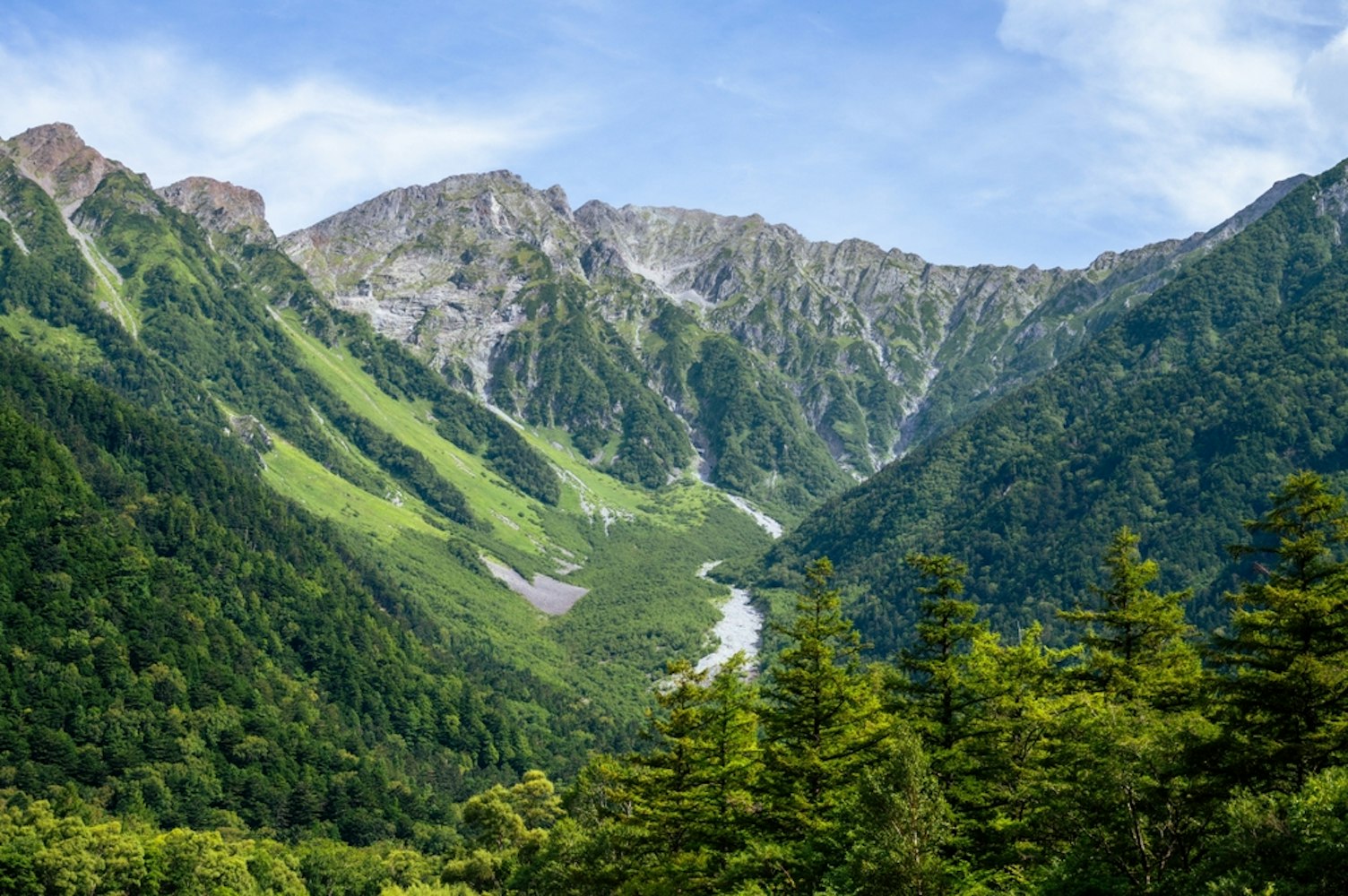
The Japanese Alps are a haven for nature lovers and adventure seekers who crave serene beauty far from the bustling cities. This mountain range boasts picturesque villages, hot springs, and hiking trails that wind through lush valleys and snowy peaks.
Staying in traditional Japanese inns, or ryokan, offers a glimpse into timeless Japanese hospitality, with tatami mat rooms, onsen baths, and authentic multi-course meals. Whether you visit during the vibrant colors of autumn or the snowy charm of winter, the Japanese Alps promise an unforgettable off-the-beaten-path escape.
4. Nara Park
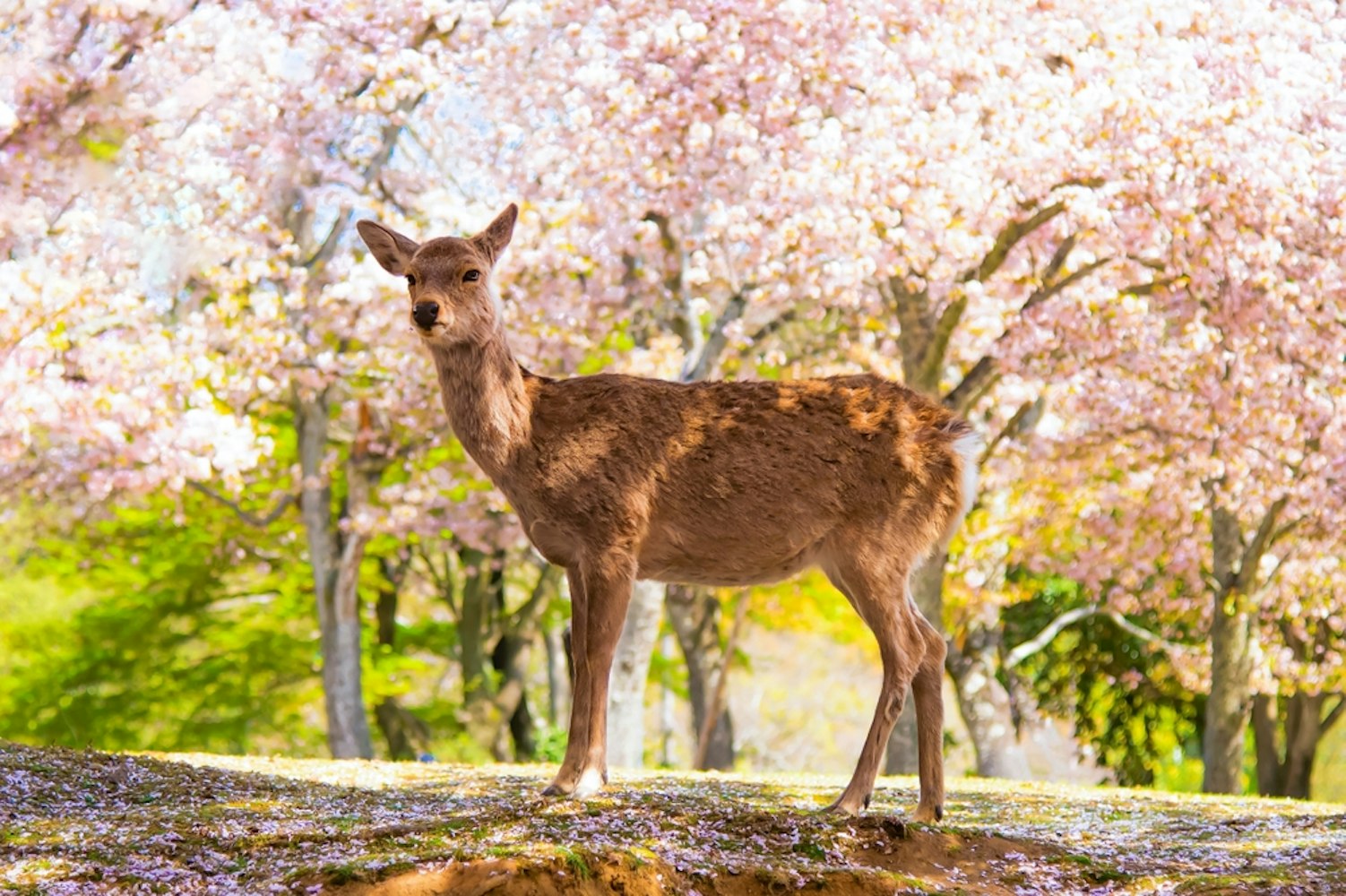
A short day trip from Kyoto or Osaka, Nara Park offers a charming escape into nature and history. The park is famous for its friendly, free-roaming deer, regarded as sacred messengers of the gods in Shinto tradition.
Visitors can purchase special deer crackers, known as "shika senbei," to feed these gentle creatures, who often bow in exchange for treats. Beyond the deer, Nara Park is home to some of Japan's most historic Buddhist temples, including Todai-ji, which houses the colossal Great Buddha statue, providing a serene and culturally rich experience amidst picturesque landscapes.
5. Mount Fuji

Mount Fuji, Japan's most iconic symbol, holds a special place in the country's culture and natural landscape. Towering at 3,776 meters, it captivates visitors whether they're gazing at its snow-capped peak from afar or embarking on the challenge of climbing it.
During July and August, the climbing season offers the safest conditions and breathtaking sunrise views from the summit. Even if hiking isn't your style, there are plenty of scenic spots around Fuji Five Lakes and Hakone to admire this majestic mountain in all its glory.
Experiencing Japanese Culture
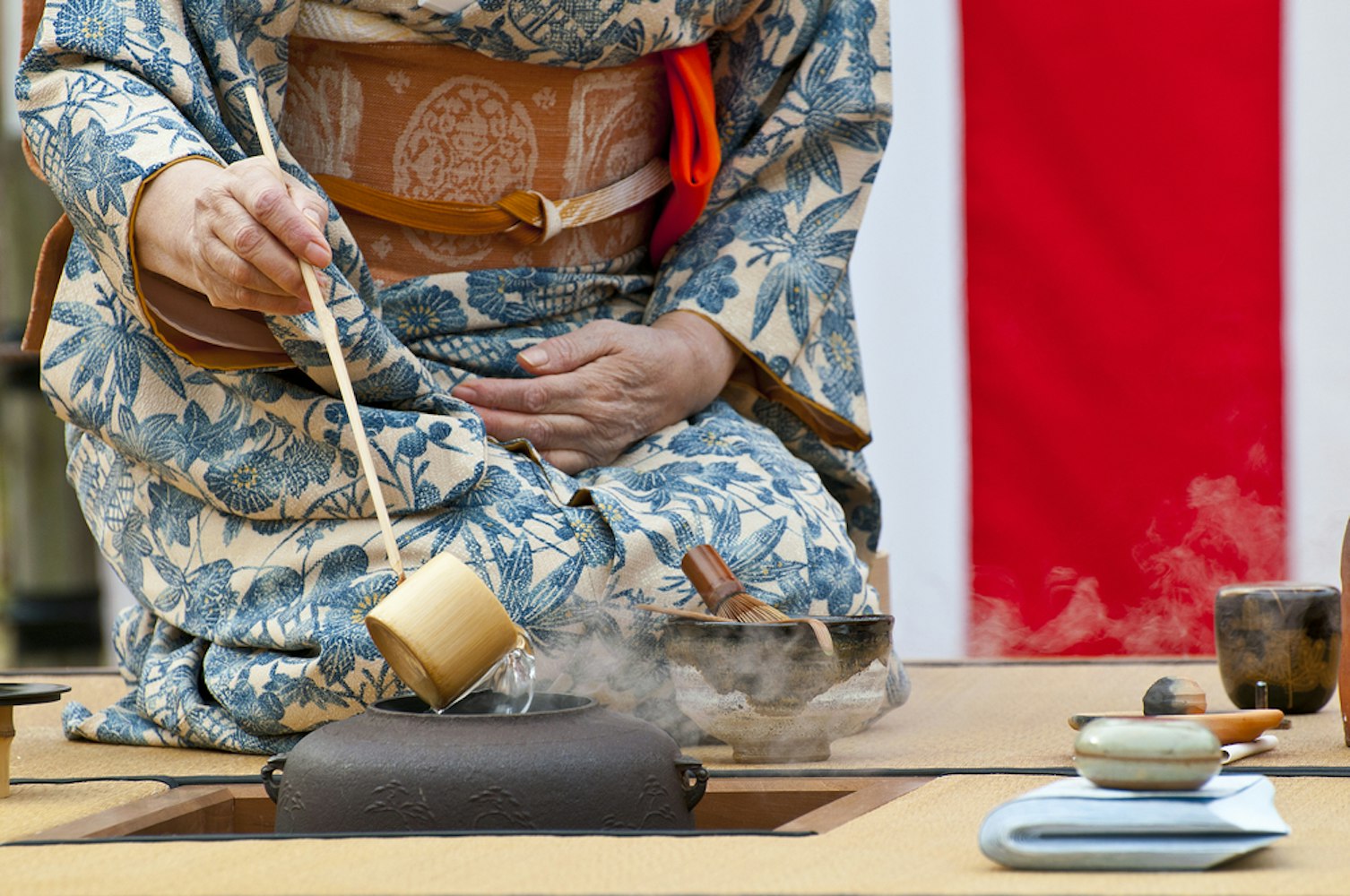
Traveling solo lets you dive deep into local culture. Visit bustling markets, join a guided tour, or learn Japanese traditions firsthand:
Tea Ceremonies: A peaceful way to experience Japan's artistic and cultural heritage.
Capsule Hotels: A unique accommodation option, ideal for single travelers who want to save money and experience something genuinely Japanese.
Buddhist Temples and Monks: Spend a night in a temple in Mount Koya for an unforgettable cultural immersion.
Tips for Staying Safe and Making Friends
Stay connected: Use portable Wi-Fi to navigate and contact loved ones.
Trust public transport: Trains and buses are reliable even late at night.
Socialize: Join local tours or visit social spaces like hostel lounges and cafes to meet fellow travelers.
Be cautious: Japan is a safe country, but stay aware of your surroundings, especially in crowded areas.
Your Solo Adventure Awaits
A solo trip to Japan is a transformative experience. It offers a mix of rich history, stunning landscapes, and vibrant urban life. From exploring Tokyo's neon-lit streets to soaking in an onsen in the Japanese Alps, Japan is nothing short of magical for solo travelers.
Embrace the freedom of traveling at your own pace, immerse yourself in local culture, and create memories that will last a lifetime. Japan will enchant you whether this is your first or tenth time traveling solo.
FAQs
Do I need to speak Japanese to travel alone in Japan?
You don't need to speak Japanese to enjoy your solo trip. Many signs and public transport instructions are in English, especially in major cities. However, learning a few basic Japanese phrases, such as "sumimasen" (excuse me) or "Arigatou" (thank you), can enhance your experience and help you connect with locals.
What's the best way to manage money in Japan as a solo traveler?
Carry cash, as many smaller establishments, such as local restaurants and shops, may not accept credit cards. ATMs in convenience stores like 7-Eleven are reliable options for withdrawing money. Contactless payments, like Suica or Pasmo cards, can be used for transportation and purchases at vending machines or convenience stores.
Can I store my luggage while exploring cities in Japan?
Yes, luggage storage is widely available at train stations and in most cities. Coin lockers in varying sizes are standard and convenient for short-term storage, while some stations and airports also offer manned luggage services for longer durations.
What's the safest way to travel between cities at night?
The safest and most reliable options for intercity travel at night are the bullet train (Shinkansen) or overnight buses. These methods are punctual and well-lit, and staff and fellow travelers ensure a secure environment.
How can I access Wi-Fi while traveling solo in Japan?
Portable Wi-Fi devices or SIM cards can be rented at airports or ordered in advance for delivery to your accommodation. Public Wi-Fi is also available in cafes, train stations, and convenience stores, but having your connection ensures smoother navigation and communication throughout your trip.
Frequently asked questions
Continue reading
